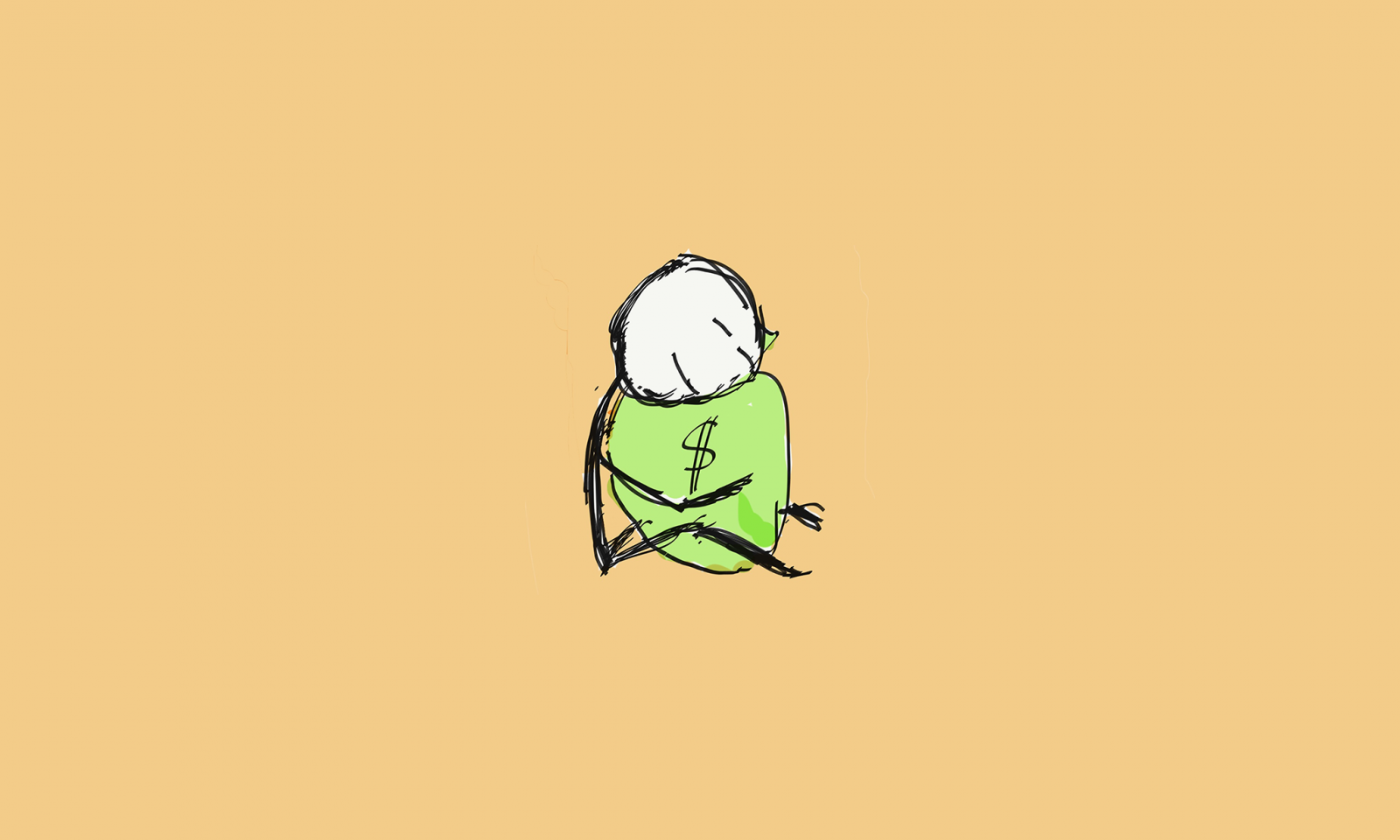Having a Budget
March 11, 2019
Originally posted on
 Medium
Medium
Having a Budget
“I need to have a budget”. I’ve said these words, or variations thereof, a lot of times over the years. I’ve never been that great at managing my own finances, and the first step to becoming better at this always seemed to be this: to have a budget. Needing a budget is the planning to plan of financial management.
Which isn’t necessarily a bad thing: plans are great, and so are budgets. But I think we tend to lump a lot of financial education into this one idea: the idea that if you’d just plan well enough for your finances, or if you just have a good enough spreadsheet, you’ll automatically be OK.
But that’s not always the case. When you plan to plan, the problem might not be that you’ve not got a plan: it might be that you don’t understand the problem well enough. And wanting a budget might mean that you first need to take some time to understand the problem you’re really trying to solve.

Spoiler Alert: there’s an app at the end of this article. You can check it out here.
Over the years, I’ve tried a lot of different budgeting approaches. But I mostly found that these approaches made my finances complicated more than they made my finances more manageable. And once I started travelling, these approaches became much harder to navigate (separating accounts based on type of expense becomes difficult when cards randomly don’t work, get skimmed and so on. Spending habits change wildly based on how much things cost in each place and what’s available. And expenses aren’t at all regular, change wildly based on location, and can be incurred anywhere from the day of to 6 months prior).
For a large part of last year, I was struggling financially as I was faced with having to find work while travelling (something I’m still struggling with — if anyone knows someone looking for a game designer/developer/creative technologist, let me know!). This forced me to really think about what it was that actually stopped me from managing my finances effectively. It wasn’t having good enough spreadsheets, or not deciding how much I should spend on different things. It wasn’t my ability to make long-term plans for how my finances would proceed.
It was, very simply, controlling my spending. More specifically, it was the fact that I wasn’t thinking about whether I had enough money to buy something before I bought it. I don’t naturally have an aversion to spending money, which means that without some form of control, I can end up in trouble.
So, as I’ve done many times before, I made myself a budget. But this time, I focused that budget on that single idea: controlling my spending, and blocked out everything else.
So the question becomes, then: How do I best control my spending? How do I break down habits that are years in the making?
I’m a firm believer that habits are linked to your environment, and to change them means that you have to change your environment in some way. In this case, the environmental change I wanted to make was the visibility of how much money I have.
You see, the amount of money in my bank account wasn’t the amount of money I have. At different times in the month (e.g. if you’ve just been paid vs about to get paid), a number means completely different things. Plus I have multiple accounts that work in different ways, sometimes I have cash and sometimes that cash is in a new currency I don’t yet have a feeling for.
If I could fix this, just this, I figured the rest could follow. I don’t need to work out how much I want to spend on different categories, or try to separate accounts to mean different things. In fact, the more numbers I have to think about, the worse it is. If I boil everything down to one number, maybe I can get really good at understanding and managing that one number intuitively, without the need for extraneous stats and so on.
To make this happen, I need something visible. Which means… (drumroll please…) an app! Damn, even writing that feels boring. Of course it’s an app. Ugh.
So, for the last few months, I’ve been using a super simple app I made called Budget Haver, and it’s worked really well! I feel much more on top of my finances, and more importantly, I’ve got a more instinctive feel for what I want to spend money on, and whether a purchase is a good idea. Since there’s no other apps like this* and I think it could help some people, I’d like to make it available more widely. Right now, I’m running a beta, and you can sign up for that here.
Over the next few weeks, I’m going to post a few more blog posts going into the design intent and philosophy of Budget Haver. Until then, I could really use feedback on the beta. Please sign up for it!
*For those of you who are on top of these things, you’ll probably notice that this ends up having a fair few similarities to the Daily Budget app. Which is an awesome app that I didn’t really know anything about when I made this. Having made my own version, I prefer the design philosophy that I’ve taken (shock horror — more on this later), and Daily Budget is missing a vital feature for me (because, well, travel), but it’s worth checking that out as well.